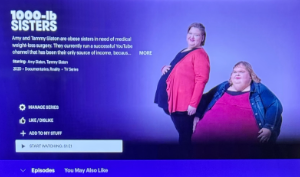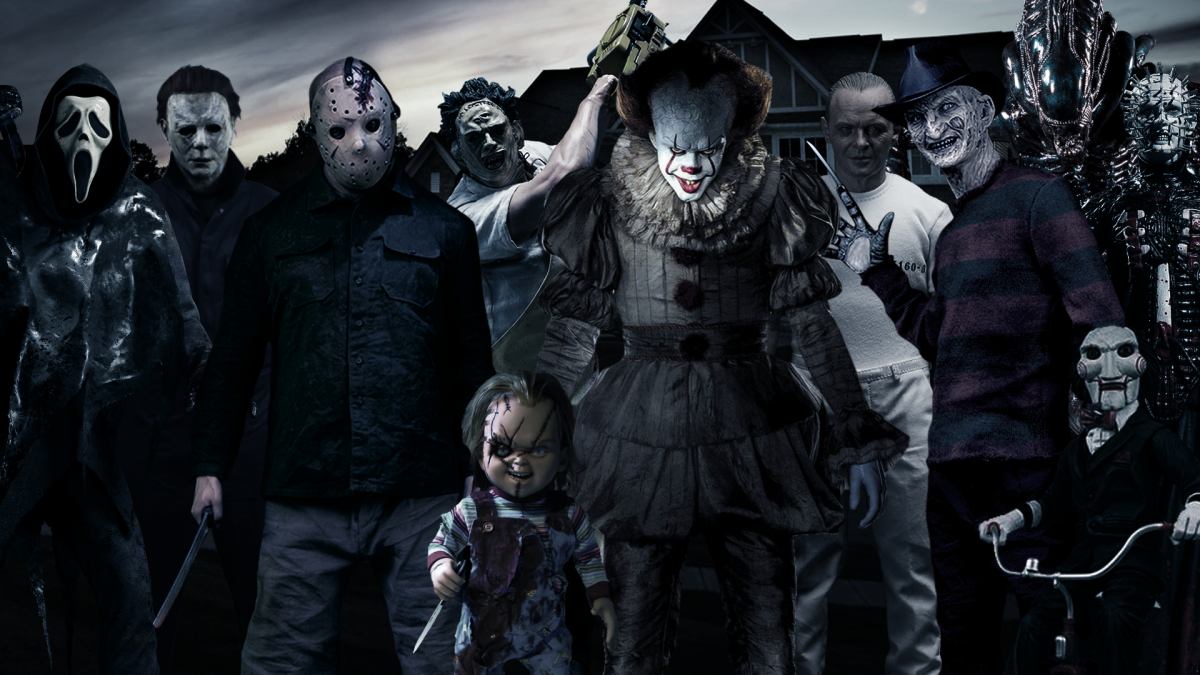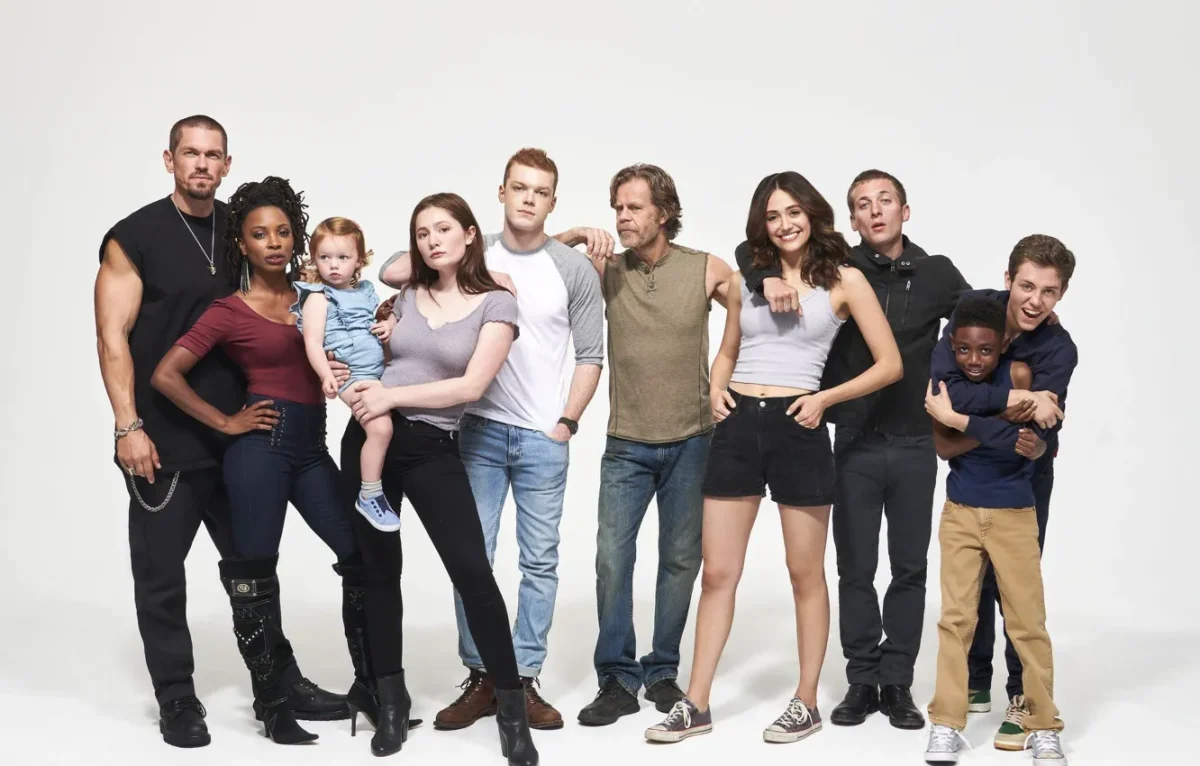One Day At A Time (2017) is a sitcom about a Cuban-American family, following Penelope, a newly single parent living with her two kids and her mother. It follows their life and all the hardships life throws at them – and Netflix made a big mistake canceling it. The show is labeled as a comedy-drama and while it is funny, it also covers real-life topics that an audience can relate to. It’s a show that hits close to home and has a special place in my heart, so here’s why it deserves more love.
The show covers many serious topics but a big, consistent one is homosexuality. This is addressed within the first season when Penelope’s daughter, Elena, comes out as gay. We see through Elena the fears people who don’t identify as straight go through as they grapple with something new about themselves. It shows coming out to loved ones and every time this happens, they have a positive reaction. Abuela (Penelope’s mom) is a bit old school and very Catholic so we see her not be completely okay with Elena’s sexuality. However, we see that even though it may be against her beliefs, her love for her granddaughter is way more powerful, and she accepts it and is happy for Elena. However, Victor, Elena’s dad, takes a lot longer to be okay with Elena’s sexuality. Elena comes out when it’s just them two and Victor immediately is against it and says she’s just confused and he’s not okay with it. He then tells Penelope this was her fault since she’s been the one in charge. The next day, Victor leaves Elena’s quinceañera early, leaving her all alone on the dance floor during the father-daughter dance. After this, we watch what it’s like to not be accepted for who you are and the heartbreak that comes with it. It shows all the tears and longing and damaged relationships just because of homophobia. One Day At A Time stops the comedy for these moments and depicts rawness through their script and acting to show these are real things people have to go through.
Mental health is a clear topic throughout the whole show. Early on, we learn Penelope is a veteran and deals with PTSD, and now that she is a single mother, she also becomes lonely. We experience depression and anxiety with her, as she goes through the process of being on medication. The most notable episode (in all of television in my opinion) that realistically depicts depression is Season 2 Episode 9, “Hello, Penelope.” It shows what it’s like to think you are getting better mentally, so you stop taking your meds and what depression can make someone feel like. Penelope stops taking her meds but then begins spiraling. She begins beating herself up over small things, lashing out at people she loves, and eventually feels like she can’t even get out of bed. She spends an entire day in the dark, in her bed, off and on crying. We even see her make a message to herself (a coping tactic) and she even admits to not wanting to feel anything at all, hinting at death. From an audience perspective, it is so heartbreaking because this is something very real people go through. The episode ends with a learned lesson: it is okay to not be okay and it is okay to be on medication for mental health. Then, one season later, in episode 9, it focuses on anxiety. Penelope begins getting anxious over her job, her kids, her mom, and finances, which then leads to panic attacks. Even though these attacks are troubling for her, she hides them from her kids even when they catch her in the aftermath of one. Eventually, though, while Penelope and Elena are working on their studies, we see Elena experience a panic attack. Penelope talks her through her attack and she then learns she experiences them often in secret. We then watch Penelope tell her kids about her experience with anxiety and bring awareness to it. She makes sure they know it is nothing to be ashamed of.
The show handles these topics in such a delicate way that doesn’t make anything glorified or shameful. It can make the viewers feel seen rather than like they should be ashamed or feel like they are crazy for experiencing a very real feeling. It felt like a heart-to-heart experience to watch.











































































































































